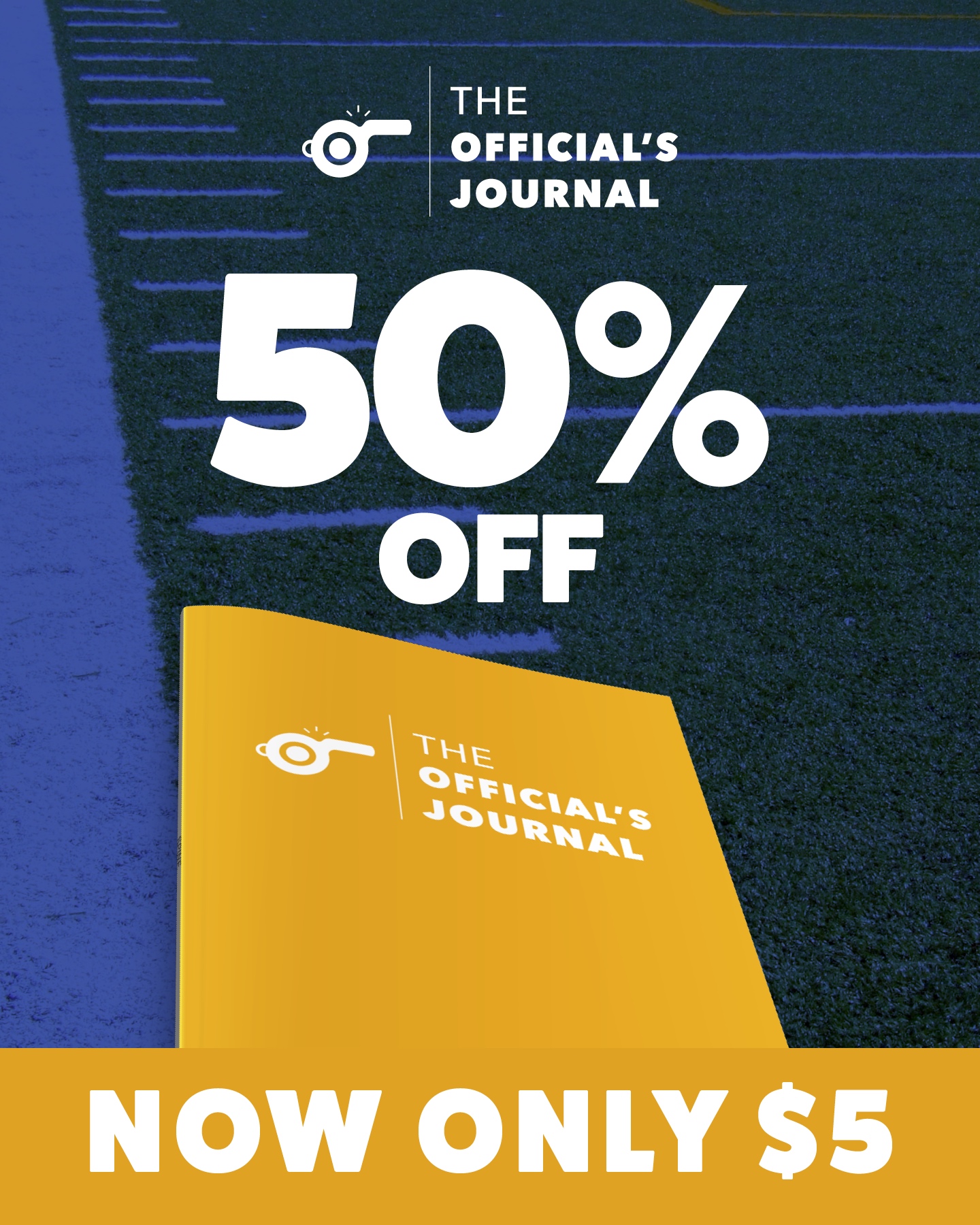Calls
No rule to help home team on fan’s whistle
49ers at Seahawks (video/audio)
Early in the game, the Seahawks fell victim to a fan who blew a whistle in the crowd — their own home crowd. Some of the Seahawks linemen looked genuinely confused, as they believed it was an official’s whistle. The center snapped the ball anyway, and the Seahawks line, still in disarray, allowed the punt to be blocked. (Deadspin has the ambient audio in the video link above.)
There is no recourse here for the Seahawks. If anything, the 49ers are equally disadvantaged in this situation, but they played through. The referee can notify stadium security, but there is no rule that supports the referee doing anything more than that, even under the broad authority of the never-invoked palpably unfair act foul.
No palpably unfair act. The referee does have the authority to rule on an “unfair act,” and if Parry had heard the whistle (a hard thing to hear in the din of Seahawks stadium), could he could have ordered a replay of fourth down? There is a slight bit of wiggle room in the rulebook in the Seahawks favor, under the palpably unfair act by a non-player under Rule 13-1-7:
A non-player shall not commit any act which is palpably unfair. Penalty: For a palpably unfair act, the Referee, after consulting his crew, enforces any such distance penalty as they consider equitable and irrespective of any other specified code penalty.
Rule 15-2-1 gives the referee a great deal of leeway in make sure the game is played fairly:
The Referee is to have general oversight and control of game. He is the final authority for the score, and the number of a down in case of a disagreement. His decisions upon all matters not specifically placed under the jurisdiction of other officials, either by rule or the officials’ manual, are to be final.
Several years ago in a NFL game, someone from the stands threw a toy football that landed in the offensive formation, causing the offense to false start. Referee Jerry Markbreit immediately ruled “no play” and did not penalize the offense. But, in this case, there was no snap.
Referee Tim Tunney did not allow a snowball landing near the field goal holder in a 1985 49ers-Broncos game to warrant an interventionist ruling. The snowball landed on the field after the snap and the field goal was missed by the 49ers. Tunny addressed the non-call after the game:
We have no recourse in terms of a foul or to call it on the home team or the fans. There’s nothing in the rule book that allows us to do that.
Although nothing can be entirely ruled out, instances of the fans using whistles, noisemakers, mirrors or laser pointers will not result in an official revoking or changing the result of a play. It would stand to reason that officials are treating “non-player” to refer to coaches and bench personnel, and not a snowball hurler from the stands or even the Stanford University marching band (video).
Perhaps the only modern ruling (modern being used loosely here) of a palpably unfair act happened in the 1954 Cotton Bowl when an Alabama player came off the bench to tackle Dicky Moegle of Rice (video). This was an instance of a nonparticipating player, and not a fan, interfering. The referee awarded Moegle a touchdown.
No false start. None of the lineman were in a three-point stance, and none were simulating the start of a snap, therefore there is no false start foul under Rule 7-4-2:
It is a False Start if the ball has been placed ready for play, and, prior to the snap, an offensive player who has assumed a set position charges or moves in such a way as to simulate the start of a play, or if an offensive player who is in motion makes a sudden movement toward the line of scrimmage. Any quick abrupt movement by a single offensive player, or by several offensive players in unison, which simulates the start of the snap, is a false start. …
Item 1: Interior Lineman. It is a False Start if an interior lineman (tackle to tackle) takes or simulates a three-point stance, and then changes his position or moves the hand that is on the ground.
No illegal motion/shift. You could argue a case for an illegal shift or illegal motion, but those are not snap-killing fouls. That means the play counts, and the 49ers would have just declined one of those hypothetical penalties.
The Seahawks could have only hoped that the officials whistled an official’s timeout prior to the snap and reset the play clock. Nothing more.
Discover more from Football Zebras
Subscribe to get the latest posts sent to your email.

































